Affiliate links on Android Authority may earn us a commission. Learn more.
How to record your calls without breaking the law: A state-by-state guide
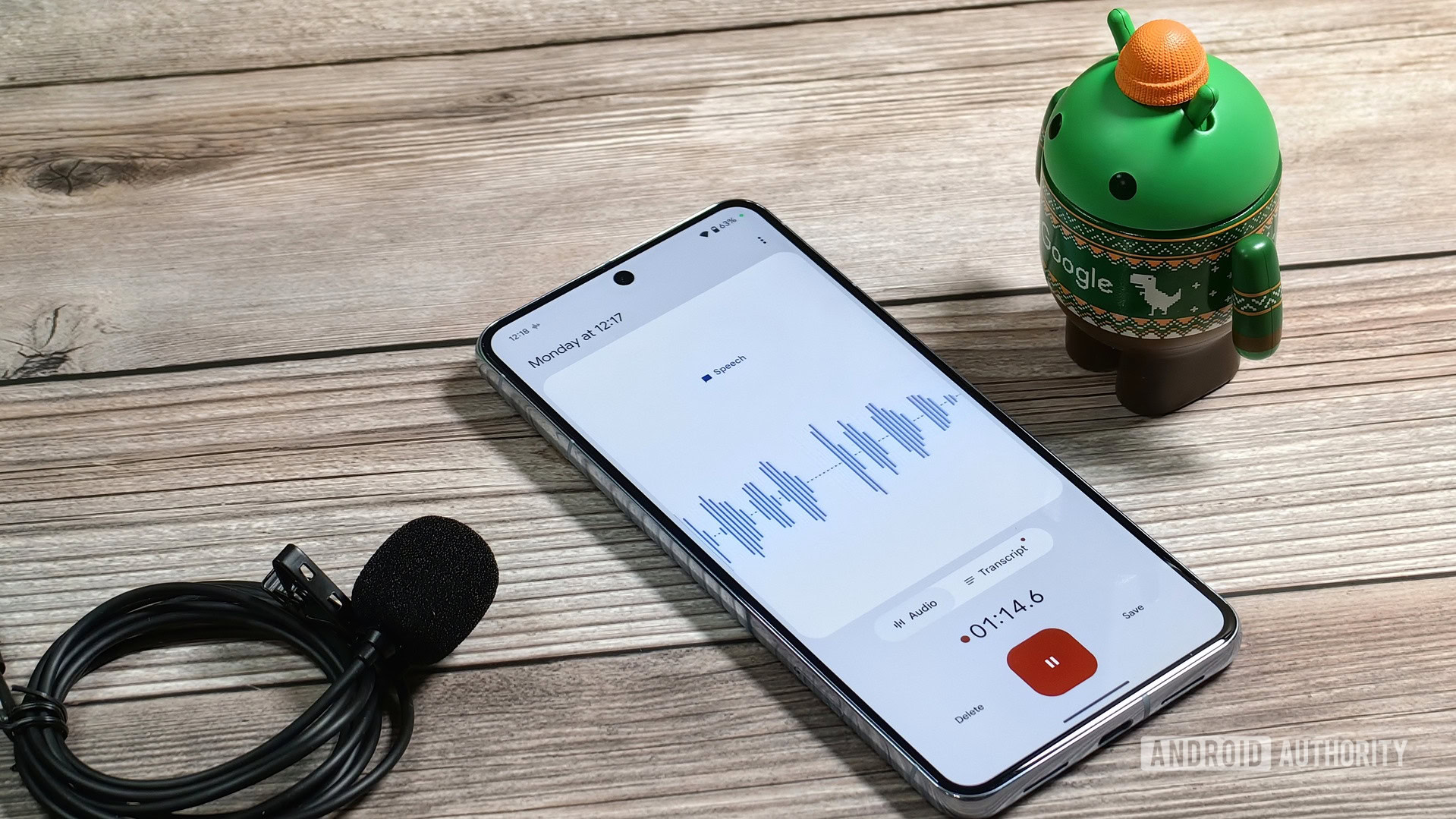
Recording your phone calls seems like the sort of thing that you should be allowed to do, right? But then, you’d probably be less cool about someone else recording your calls, and that’s what you’re doing to the person on the other end of the line when you record your own. For this reason, it’s illegal in some parts of the US to record a phone call without the consent of both parties. Each state decides its own rules, and there are also exceptions to getting explicit consent.
This simple guide will run you through everything you need to know to record call audio while staying on the right side of the law.
Why would you record your calls?
Recording calls might seem like something you’d only see in movies or courtroom dramas, but there are plenty of everyday reasons why people do it — and not all of them are about solving mysteries or eliciting confessions. It can be surprisingly useful for staying organized or protecting yourself in tricky situations. Here are some possible scenarios.
Personal reasons
Have you ever hung up the phone and immediately forgotten half of what was said? Recording calls can be a lifesaver for keeping track of important information. Whether it’s a doctor explaining a treatment plan, a customer service agent making promises, or a family member sharing a recipe, having a record can help ensure nothing slips through the cracks.
Professional needs
Recording calls is often part of the job in some workplaces. Journalists use it to capture interviews for later review, and businesses might record calls for training purposes or to improve customer service. Even freelancers or consultants sometimes record meetings to ensure they understand client expectations.
Resolving disputes
Recording a call can protect you in sticky situations. If you’re hashing out a verbal agreement or dealing with a difficult service provider, a recording can be useful evidence if things go south. It’s not about being paranoid — it’s about being prepared.
Whatever the reason, recording calls is about making life a little easier, but having a legitimate reason to hit record isn’t always a defense against the law that you might be breaking in doing so. Let’s take a look at what those laws are in your state.
State-by-state laws on call recording
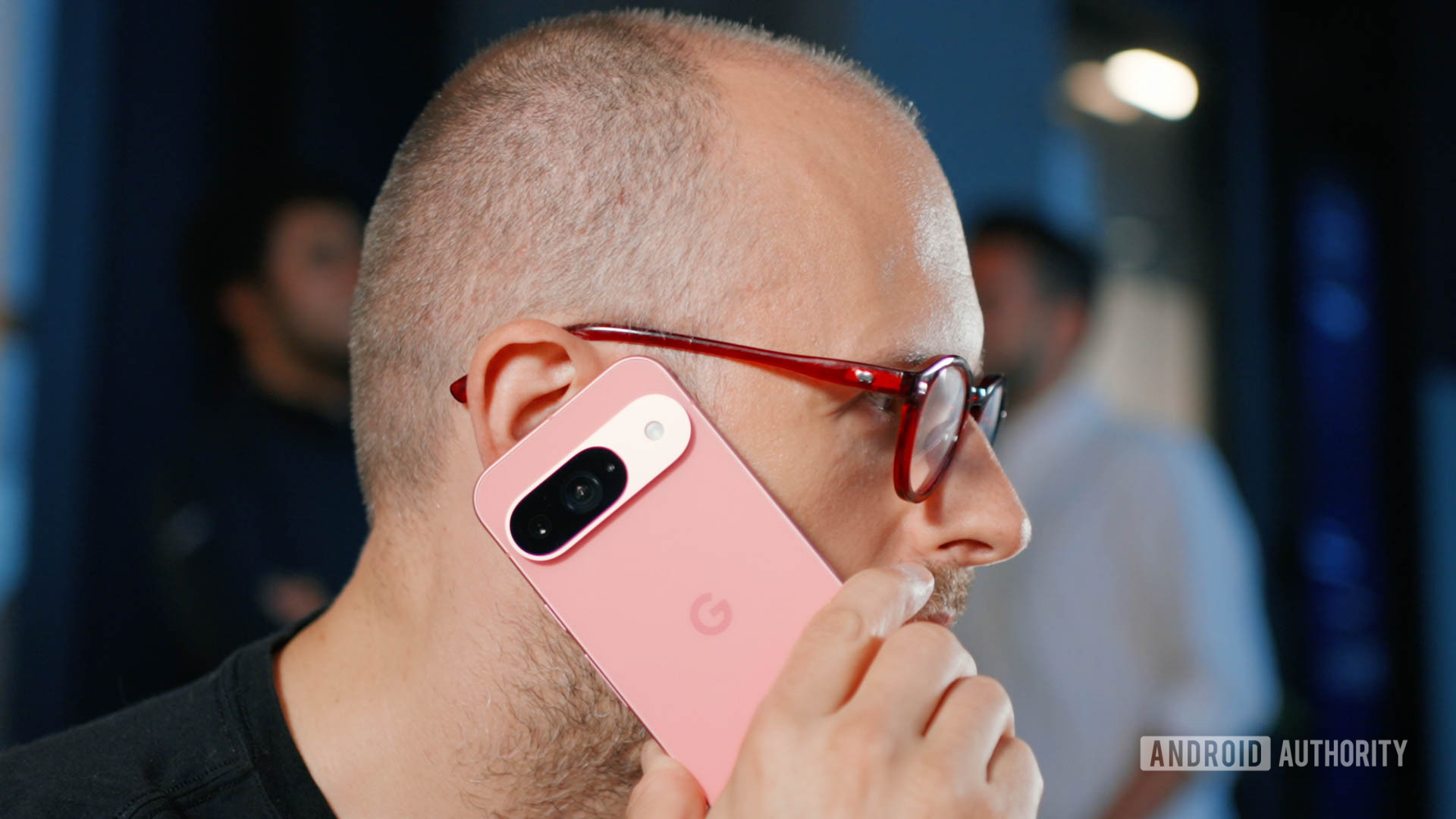
There are both state and federal laws on call recording in the US. Each state broadly falls into one of two categories: One-party consent or two-party consent. These are pretty self-explanatory. If the law is one-party consent, you can legally record your calls without the agreement of the person or people you’re talking to. Two-party consent requires the permission of both people on the call or every person if there are more than two.
For clarity, one-party consent means one of the people involved in the call — you can’t permit yourself to record a call of two or more other parties. That would put you in breach of federal wiretapping laws.
Wisconsin-based law firm Matthiesen Wickert & Lehrer has an excellent crib sheet on the laws regarding the recording of phone calls in every state. Most states only require one-party consent to record a call. This group of 39 states includes the District of Columbia and Vermont. The latter doesn’t have state legislation on the issue, so it defers to federal law, which is also one-party consent.
That leaves 11 states that require two-party (or all-party) consent to record a call. They are:
- California
- Delaware
- Florida
- Illinois
- Maryland
- Massachusetts
- Montana
- Nevada
- New Hampshire
- Pennsylvania
- Washington
This seems straightforward enough, but as we’ll get to it shortly, it isn’t always so black and white.
What about interstate calls?
If you’re in a one-party consent state, but the person you’re speaking to is in a two-party consent state, which rules apply?
The answer isn’t always clear-cut, but as a general rule, you should always follow the stricter law. If one party is in a state requiring two-party consent, you should assume you need to get everyone’s permission. Courts often lean toward protecting privacy when laws conflict, so playing it safe helps avoid legal trouble.
The confusion stems from the fact that laws can depend on where the recording occurs, as some states apply their own rules no matter where the other person is located. Interstate calls may also fall under federal laws, which generally allow one-party consent, but this doesn’t override stricter state laws.
Exceptions
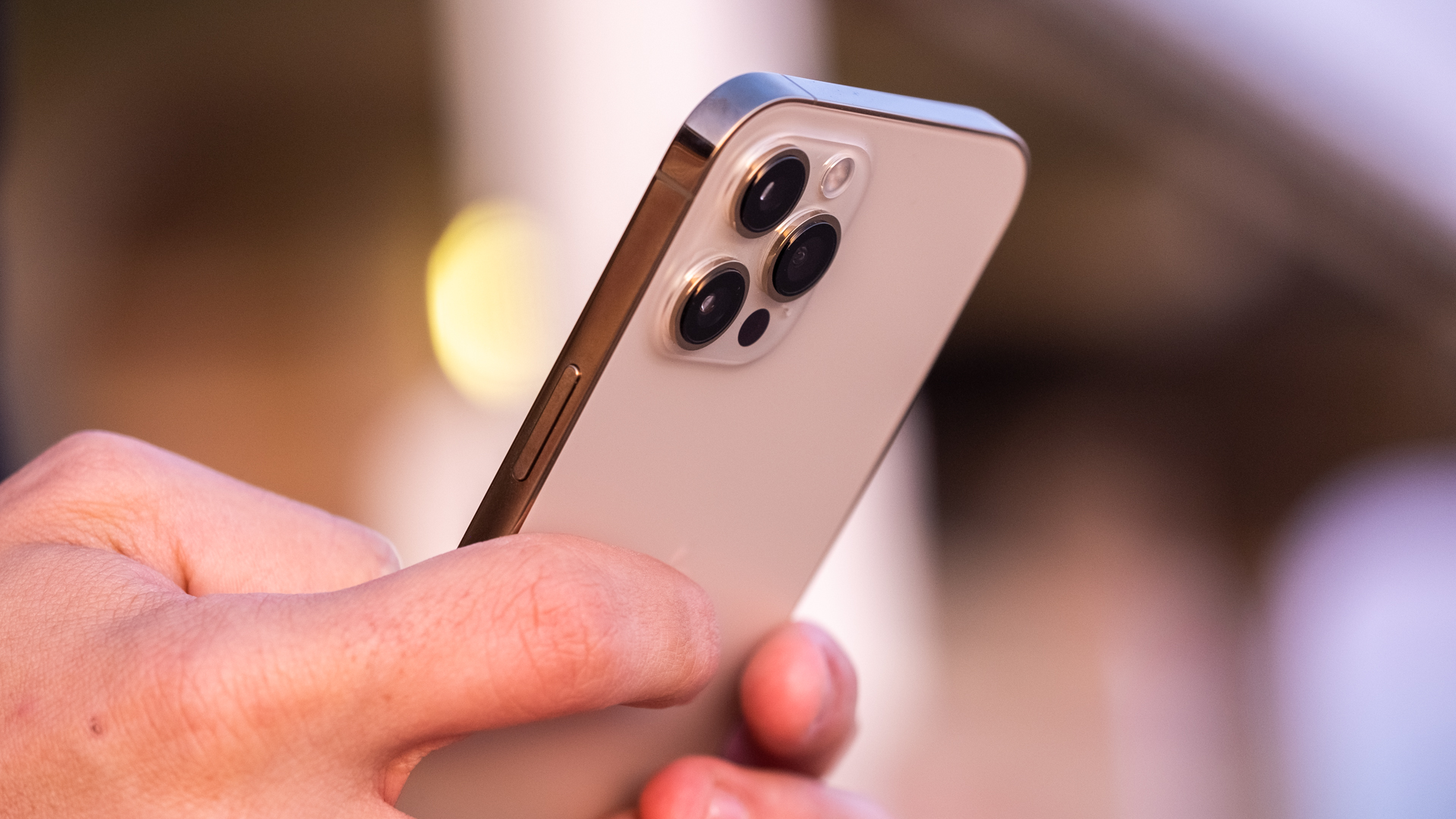
Laws are rarely as crystal clear as they might seem, and that’s often true of call recording legislation. Court interpretation is important, and this has been the case in Nevada. While the state technically has all-party consent laws, court rulings have leaned toward interpreting it as one-party consent.
Even the way that consent is given has been disputed in the courthouses of several states. There have been situations in which the judiciary has ruled that consent can be implied rather than explicitly stated. Another bone of contention in some court rulings is that you only need to consent to have a call recorded if you have a “reasonable expectation of privacy.” For example, you can expect to have privacy when alone in your car or at home, but not if you’re in a busy airport lounge or bus terminal.
In addition to those complications, some exceptions might allow you to legally record without following typical consent requirements. These exceptions usually depend on the context or who is involved. Here are some of the most common examples.
- Public interest and journalism — In certain cases, recordings made in the public interest, such as exposing corruption or wrongdoing, may be legally protected. For example, journalists may have more leeway under shield laws or whistleblowing protections.
- Employer policies — If you’re using a company phone or calling through a workplace system, your employer may have policies about recording calls. They may have the right to monitor or record calls without employee consent if this is disclosed upfront.
- Law enforcement — Officers acting under legal authority can record calls as part of investigations. However, private citizens pretending to “gather evidence” don’t have the same rights unless all parties consent or other specific conditions are met.
- Unintentional recording — Accidental recordings, such as those captured by voice assistants like Alexa or Siri, usually don’t result in legal penalties unless they’re intentionally shared or used.
The bottom line is that call recording laws can get a bit tricky, and it’s easy to be tripped up by them. If you’re unsure, it’s always safest to err on the side of caution and ask for permission. This not only keeps you compliant but also avoids potential conflicts or misunderstandings.
Legal and ethical risks when you record calls
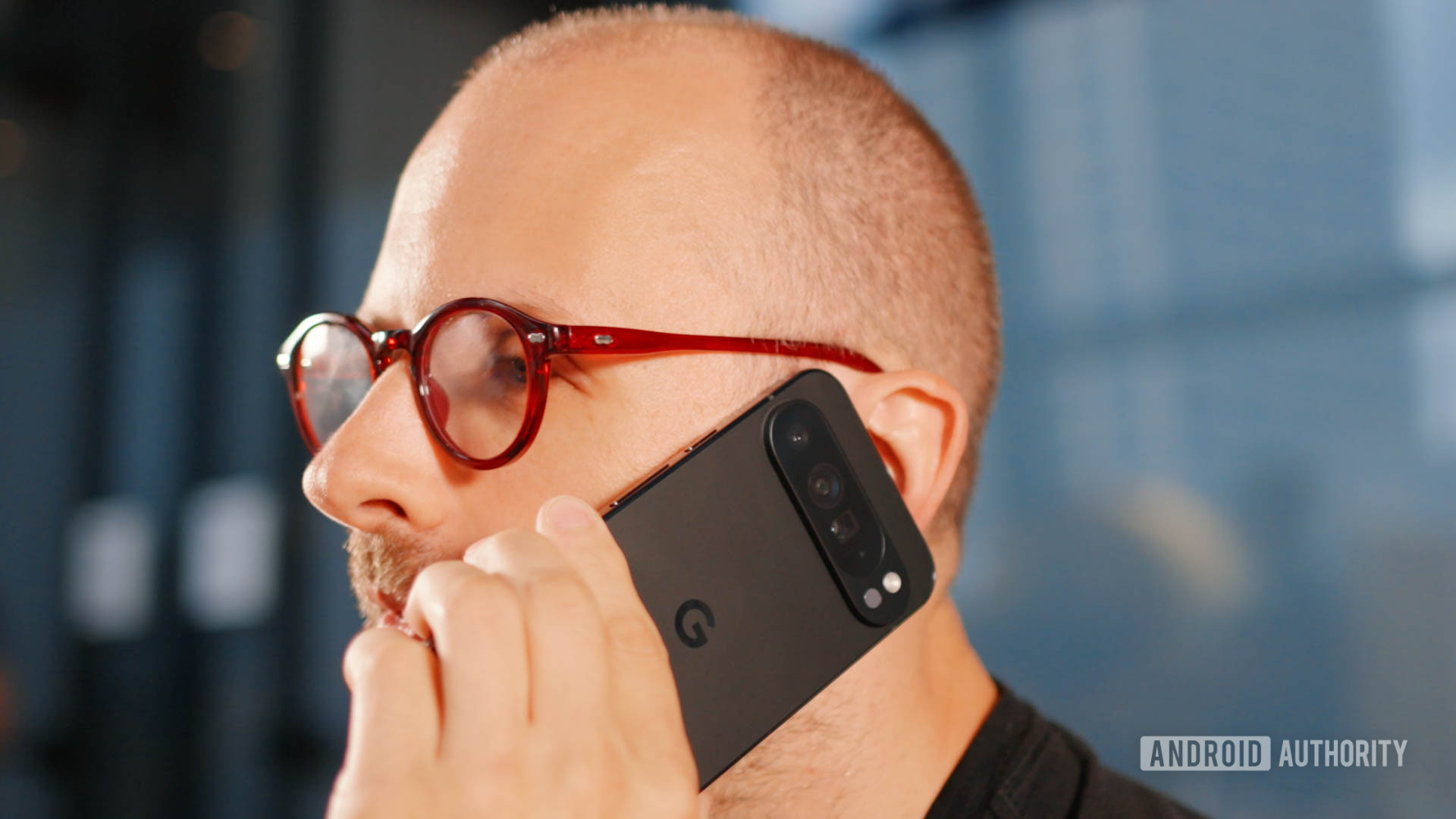
Recording calls without a clear understanding of the legal and ethical issues can have consequences. On the legal side, recording a call without the proper permissions can result in fines or even criminal charges. For instance, states like California treat illegal recordings as a serious offense, and depending on the context, violations can escalate from misdemeanors to felonies.
Beyond criminal penalties, people who are illegally recorded may file civil lawsuits for damages, particularly if the recording causes harm or embarrassment. Recordings obtained without proper consent are also often inadmissible as evidence in court, undermining their usefulness in legal disputes.
Recording a call can result in fines or even criminal charges.
Ethically, recording a call without someone’s knowledge can strain trust and relationships. People may feel that their privacy has been violated, even when the law allows recording without consent. The discovery of an undisclosed recording can create friction in any context. Misusing a recording or sharing it inappropriately can also lead to reputational damage for everyone involved.
These risks shouldn’t be taken lightly if you intend to record calls, so we have some tips on how to do so in the most respectful and risk-averse way.
Tips for recording calls
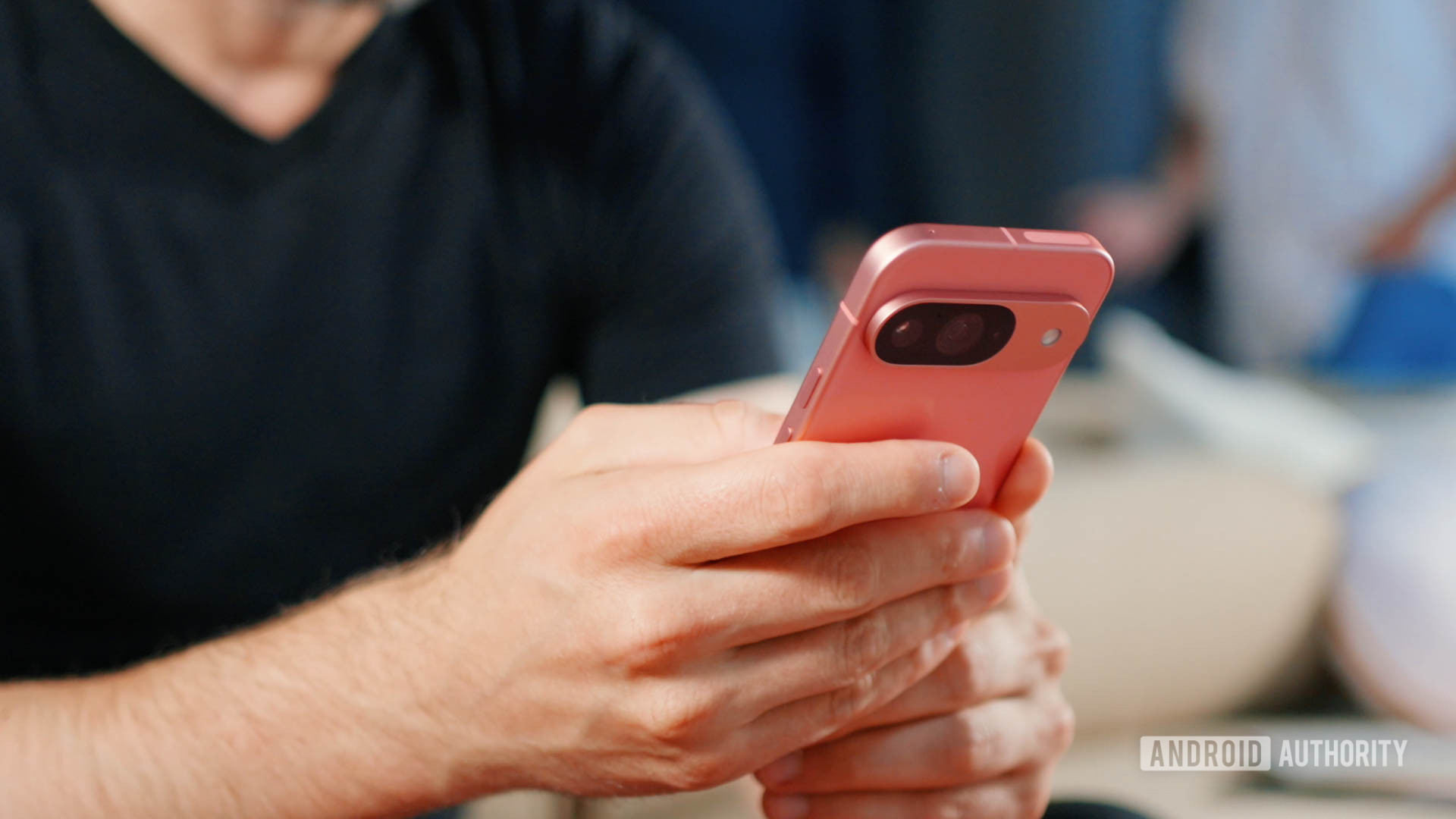
Time for some best practices that can make all the difference. These tips will help you stay on track legally and ethically while ensuring your recordings serve their intended purpose.
Be transparent
Even if the law doesn’t require you to inform others that you’re recording, it’s still a good idea to do so. Being transparent like this fosters trust and avoids potential backlash if the recording comes to light later. Start the call by saying something like, “I’d like to record this call to make sure I don’t miss any details. Is that okay?”
Stay professional
If the call involves sensitive or professional topics, stick to that brief. Avoid recording conversations in situations where it might feel invasive or unnecessary. Similarly, don’t manipulate or take parts of the recording out of context — especially in professional or legal settings. A recording is most useful when it’s complete and accurate.
Respect privacy
Think carefully about what you do with your recordings. Sharing or using recordings without a clear purpose or permission from the other party can erode trust and even create legal problems in some situations. If you’re unsure whether to share a recording, err on the side of caution and consider consulting someone with professional knowledge of such matters.
Secure your files
Even if it’s not your fault that your recording gets into the wrong hands, you can still suffer the consequences. Once the call is recorded, make sure the file is stored securely. To protect your recordings, use password-protected folders, encrypted storage, or cloud services with strong privacy measures.
How to record your calls
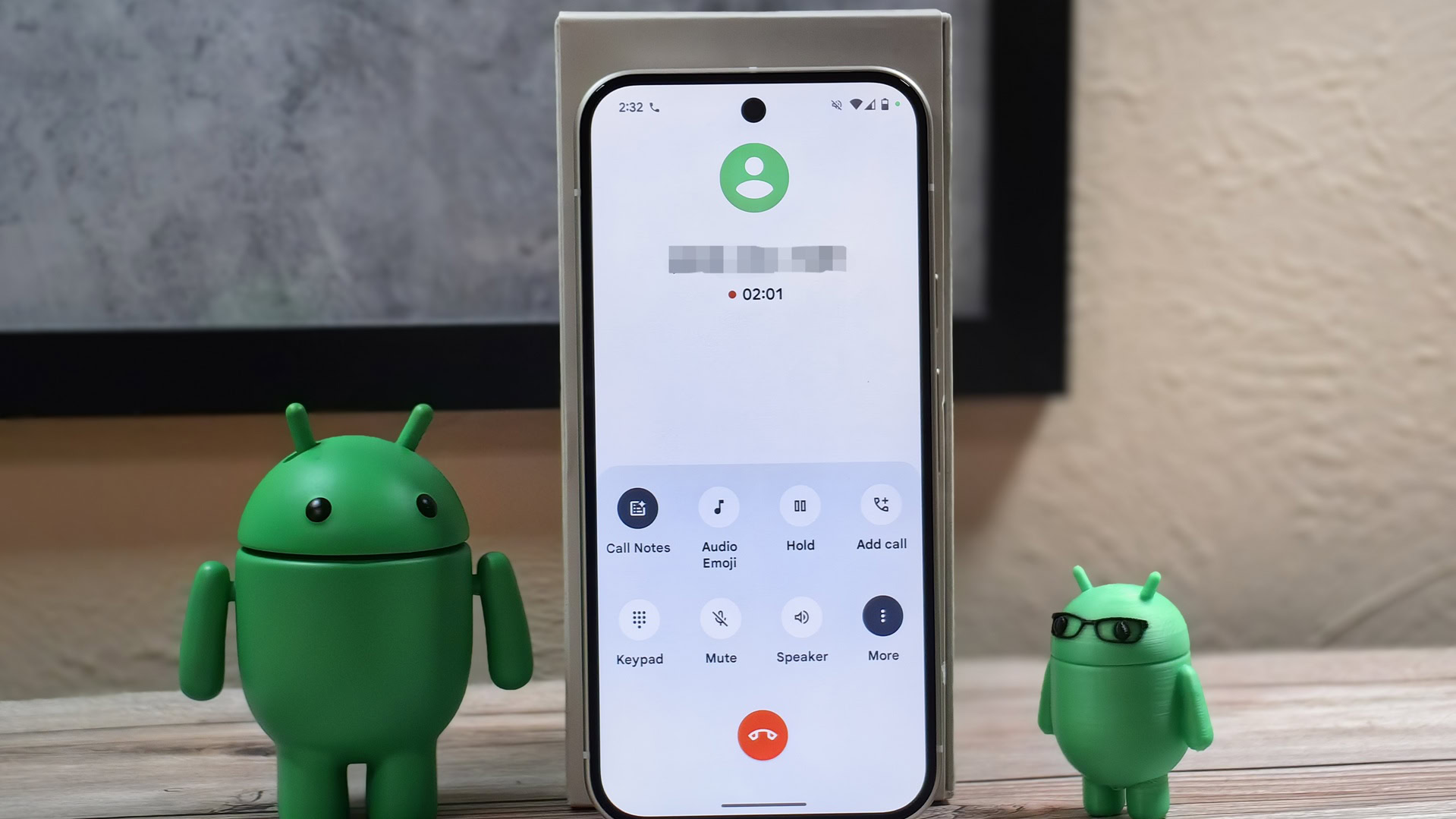
Recording calls can be done in several ways, depending on the tools available and your preferences. If you want detailed instructions on how you can do this, check out our guides on how to record calls on your Android phone or iPhone. Here’s a summary of your options
- Using built-in features — Not only can recent flagship phones record your calls, but the latest AI tools like Gemini can even transcribe and summarize them for you.
- Third-party apps — Google blocked call recording apps from the Play Store a couple of years ago, but there are still workarounds. Head to our guide on the best call recorder apps for Android for more details.
- External call recorders — For those looking for higher audio quality or more reliability, external call recorders are a solid choice. These devices connect to your phone via a headphone jack, Bluetooth, or other interfaces, capturing audio directly. Many external recorders come with built-in storage or easy transfer options.
- Recording virtual calls — If you’re participating in a virtual meeting or call, platforms like Zoom, Microsoft Teams, or Google Meet often include built-in recording features. These platforms typically notify all participants when recording begins, which helps you stay compliant with transparency requirements.